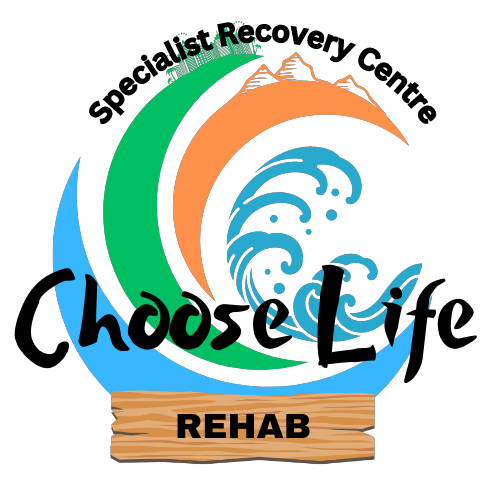Recovering from drug and alcohol addiction is a multifaceted process, where physical health plays a crucial role. Two key components of physical health during recovery are nutrition and exercise. Their impact is profound and far-reaching, affecting both physical and mental recovery.
The Impact of Nutrition on Recovery
-
Nutritional Imbalance Due to Substance Abuse: Substance abuse often leads to poor nutrition either due to loss of appetite or poor eating choices. Alcohol specifically hinders the absorption of essential nutrients like folic acid, vitamin B6, and thiamine, leading to deficiencies that exacerbate physical deterioration.
-
Roles of Nutrients: Nutrition in recovery isn’t just about eating; it’s about consuming the right balance of micronutrients (vitamins and minerals) and macronutrients (proteins, fats, carbohydrates, and water). This balance supports various body functions, including immune system support, bone and teeth health, and metabolic processes.
-
Neuroplasticity and Nutrition: Neuroplasticity, the brain’s ability to reorganize itself, is crucial in addiction recovery. Adequate nutrition can enhance neuroplasticity, helping the brain recover from the changes caused by addiction. Carbohydrates, amino acids, dietary fat, and omega fatty acids play significant roles in this aspect.
-
Incorporating Nutrition in Treatment Programs: Many treatment programs recognize the importance of nutrition and include specific plans to address nutritional deficiencies and promote overall health. These plans often involve a thorough assessment by a physician, consultation with a nutritionist, and personalized meal plans.
The Role of Exercise in Recovery
-
Preventing Relapse through Exercise: Regular exercise helps maintain sobriety and prevent relapse by establishing routine, managing mental health, and boosting self-esteem.
-
Physical and Mental Health Benefits: Exercise aids in maintaining a healthy weight, strengthening bones and muscles, and reducing the risk of chronic diseases. It also increases the brain’s nerve connections, aiding in its healing process.
-
Psychological Advantages: Engaging in physical activity releases endorphins, reducing the perception of pain and fostering feelings of euphoria and optimism. This is crucial for those in recovery, as mental health disorders like depression and anxiety often accompany addiction.
-
Specific Benefits of Exercise in Sobriety:
-
Curbing cravings and increasing abstinence days.
-
Providing structure and routine.
-
Filling time and thoughts productively.
-
Relieving stress and balancing stress hormones.
-
Boosting mood and improving self-image.
-
Helping in forming healthy relationships and social connections.
-
Enhancing sleep quality.
-
In conclusion, integrating a balanced diet and regular exercise into addiction recovery plans can significantly enhance the healing process. Nutrition addresses the physical damages caused by substance abuse and supports brain health, while exercise helps in maintaining sobriety, improving mental health, and rebuilding a positive self-image. These elements are vital for a holistic recovery journey.

